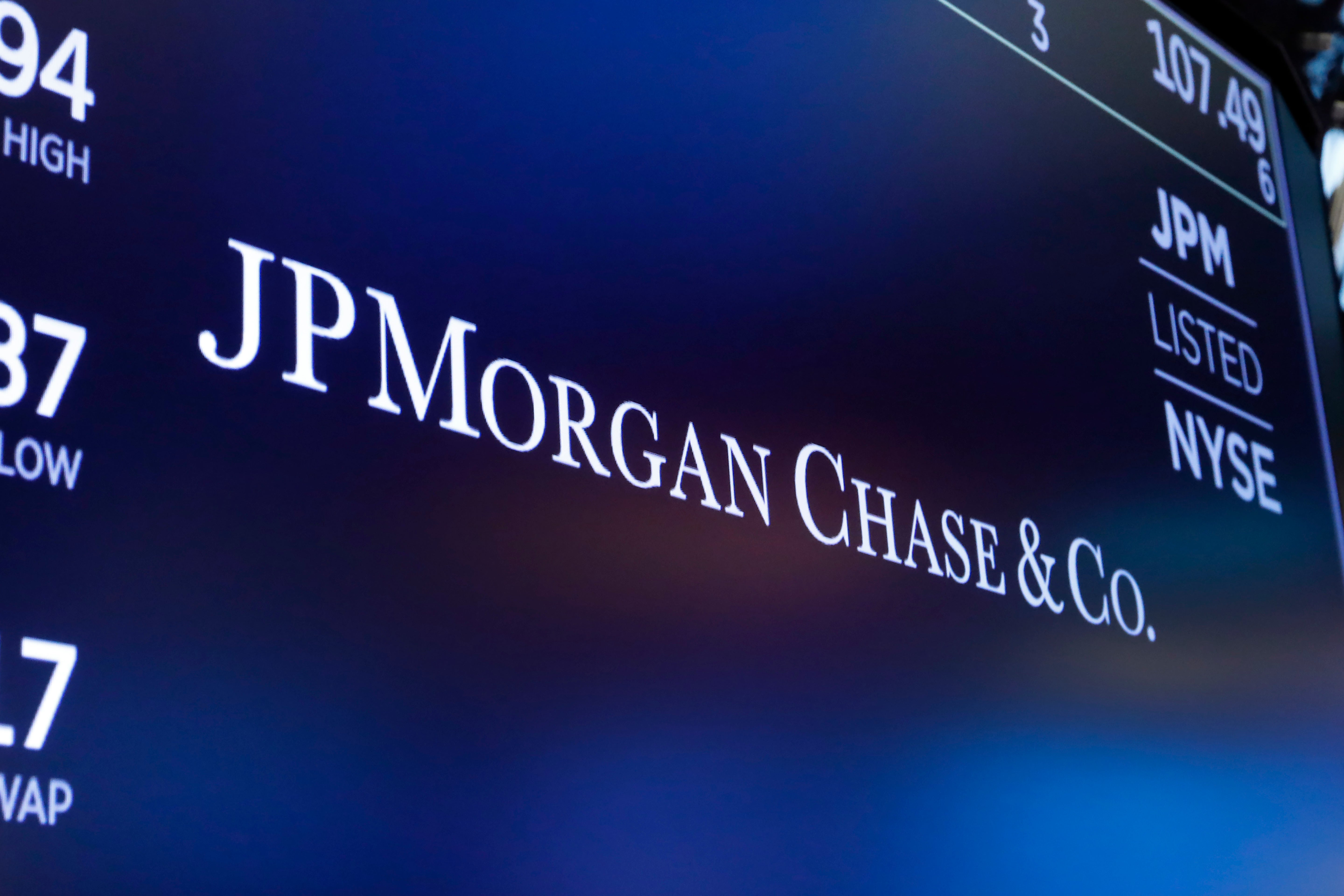JPMorgan puts $30B toward fixing banking's 'systemic racism'
JPMorgan Chase says it will extend billions in loans to Black and Latino homebuyers and small business owners in an expanded effort toward fixing what the bank calls “systemic racism” in the country’s economic system

Your support helps us to tell the story
From reproductive rights to climate change to Big Tech, The Independent is on the ground when the story is developing. Whether it's investigating the financials of Elon Musk's pro-Trump PAC or producing our latest documentary, 'The A Word', which shines a light on the American women fighting for reproductive rights, we know how important it is to parse out the facts from the messaging.
At such a critical moment in US history, we need reporters on the ground. Your donation allows us to keep sending journalists to speak to both sides of the story.
The Independent is trusted by Americans across the entire political spectrum. And unlike many other quality news outlets, we choose not to lock Americans out of our reporting and analysis with paywalls. We believe quality journalism should be available to everyone, paid for by those who can afford it.
Your support makes all the difference.JPMorgan Chase said Thursday it will extend billions in loans to Black and Latino homebuyers and small business owners in an expanded effort toward fixing what the bank calls “systemic racism” in the country’s economic system.
The New York bank said it is committing $30 billion over the next five years toward programs that include earmarking more money for getting Black and Latino families into homeownership and providing additional financing to build affordable rental housing units.
“Systemic racism is a tragic part of America’s history,” said JPMorgan Chase CEO Jamie Dimon in a statement. “We can do more and do better to break down systems that have propagated racism and widespread economic inequality.”
The bank, which has $3.2 trillion in assets, said it expects the $30 billion to help finance 40,000 additional mortgages for Black and Latino households, another 20,000 loans that will refinance mortgages and help construct 100,000 affordable rental units. Additional funds will go to finance 15,000 small business loans to Black and Latino-owned businesses.
There will also be programs to place 1 million customers in low-cost checking and savings accounts, partly by opening new branches in minority-majority neighborhoods.
Black households are several times more likely to be what is known as unbanked, meaning they do not have a primary checking account with a traditional bank, or underbanked, where households still rely on high-cost financial services like check cashing, pawn shops and payday loans.
Since the death of George Floyd, an African American man killed while in police custody in Minneapolis in May, large U.S. banks have made public efforts to address the disenfranchisement of Black and minority communities within the financial system.
In the immediate aftermath of Floyd’s death, JPMorgan announced a commitment of $1.75 billion toward programs they said would help address racial inequalities. But since then, as protests have remained constant in some urban centers, there has been a push for banks to do more.
Citigroup announced last month it is committing $1 billion toward closing “the racial wealth gap” in the United States, including $550 million toward homeownership programs for racial minorities. Wells Fargo’s CEO apologized last month for dismissing concerns that few Black executives are being promoted within the bank.
American banking still has a long way to go to fix the problems of the past. Banks large and small are still regularly cited for discriminatory practices, including allegations of “redlining” Black homebuyers. Redlining is a practice in which banks deny or avoid providing credit services to consumers because of racial demographics or the neighborhood where they live.